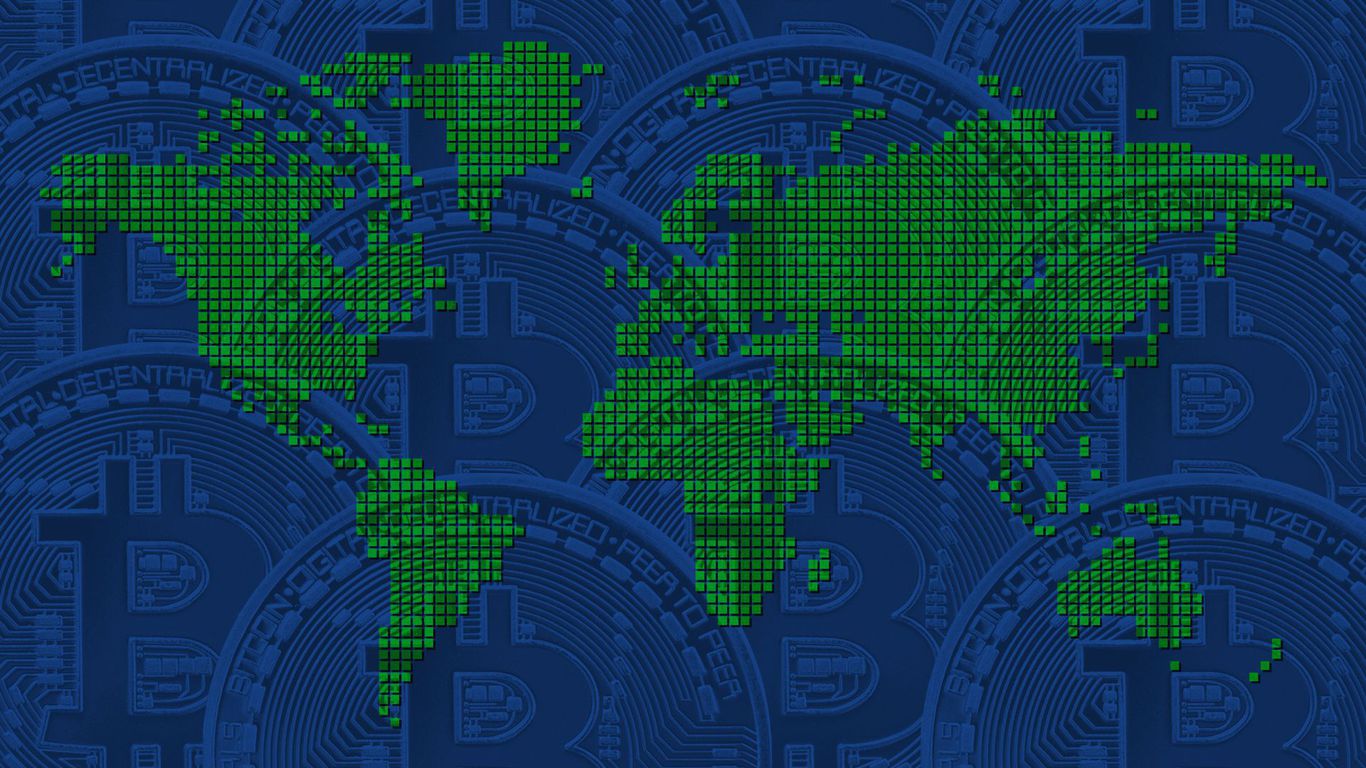The two largest countries in the world seem intent on effectively banning their citizens from participating in crypto, which poses a serious threat to the crypto agenda.
Why it matters: The crypto world is global — but the real world is fragmented into nation-states, each of which claims control of what happens within its borders.
Driving the news: A bill set to be voted on by the Indian parliament has yet to be seen, but an official description says that it “seeks to prohibit all private cryptocurrencies in India,” save for “certain exceptions to promote the underlying technology of cryptocurrency and its uses.”
- The bill’s stated aim is to lay the groundwork for a cryptocurrency issued directly by the central bank. India doesn’t oppose crypto in general — it just wants to control all crypto activity within its borders, and centralize that activity on its own digital currency.
Context: Binance, by far the world’s largest crypto exchange, recently came out with a list of 10 “fundamental rights for crypto users” — most of which would raise few eyebrows in the U.S. In other countries, however, the message is much more opposed to existing government policy.
- “Every human being should have access to financial tools, like crypto, that allow for greater economic independence,” say the principles.
- “Crypto users deserve safe access to emerging technologies and practices, including NFTs, stablecoins, staking, yield-farming, and more.”
- Reality check: None of this is likely to be true any time soon for billions of people who live in China, India, or many other countries, including Thailand.
Between the lines: While the principles say that exchanges like Binance “should be subject to the appropriate regulations,” there’s no way to construct a global regulator who could consistently regulate international exchanges.
- What they’re saying: “I don’t think that’s possible,” Binance founder Changpeng Zhao tells Axios. “Different regulators in different countries care about different things. For instance, AML means different things in different countries. In the U.S. it means terrorism. In Thailand it means taking money out of the country.”
The bottom line: Private cryptographic value exchange is now large enough to matter. Which also means it’s large enough for some of the world’s biggest governments to try to quash.
Go deeper: China deems all cryptocurrency transactions illegal
